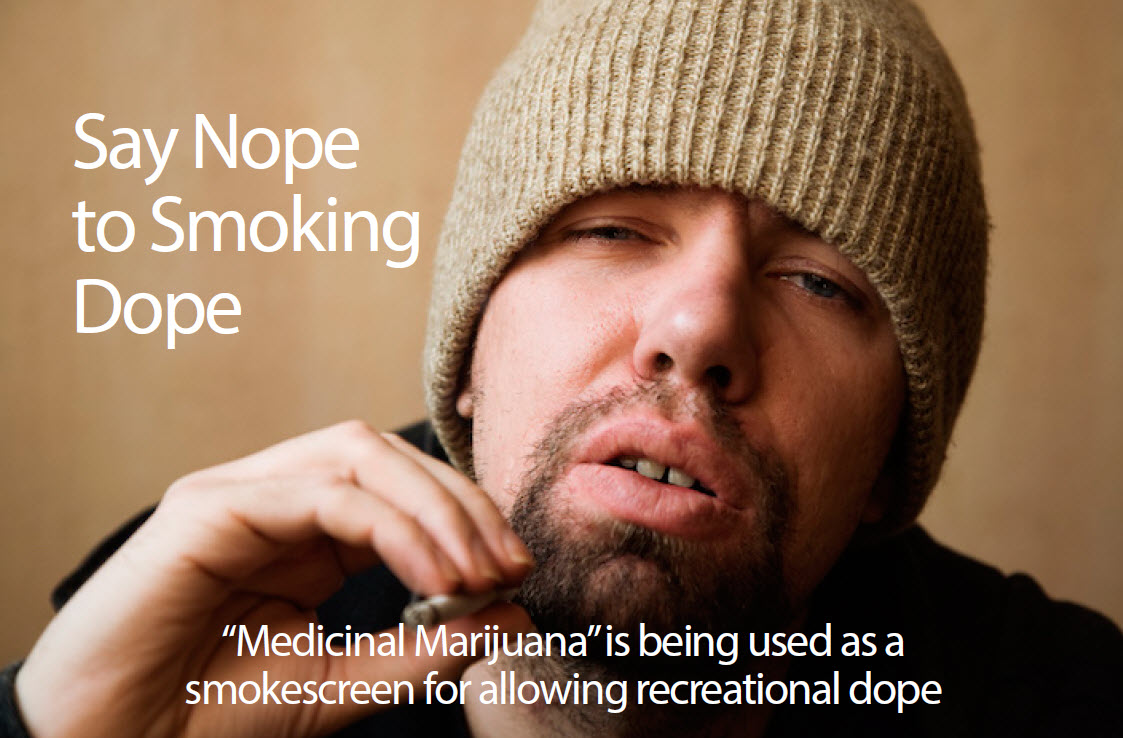
Gisborne Herald 23 June 2019
Family First Comment: “The law has an important deterrent effect. Most people don’t want to break the law. It sends an important societal message, similar to our drink-driving laws which can also result in a criminal conviction. Ironically, legalisation would mean more use, and therefore more breaches of marijuana-related regulations (including under-age violations), and more drug-driving convictions.”
#saynopetodope
VoteNO.nz
Recently-released polls on cannabis have consistently shown a decreasing appetite for the legalisation of recreational dope use.
It seems that while we all strongly support a compassionate response to those in real need with a cautious and researched approach around cannabis medicine, when we thoughtfully consider the real implications of legalising the recreational use of cannabis, we completely reject the proposal, and rightly so.
Recent polling by Curia Market Research found that 85 percent of New Zealanders think that cannabis use can damage the brains of young people, 81percent think that drivers using cannabis are more likely to cause accidents, 63 percent think that cannabis-users aged under 25 are less likely to get a job, and half of us think that cannabis usage will increase if restrictions are reduced (35 percent think usage would remain the same).
When people think about ‘cannabis’, they probably immediately think about the same overused photos by the media of a marijuana plant and a joint being smoked. Think Woodstock Weed.
But legalising today’s marijuana will be far more than that. Big Marijuana’s aim will be to have people popping it between classes, sucking on it while driving, drinking it before work, chewing on it while they talk to others, and eating it as a dessert. The potency of edibles and dabbing (significantly more than that of an average joint) and their attractiveness to kids will lead to serious problems.
Evidence shows that marijuana — which has skyrocketed in average potency over the past decades — is addictive and harmful to the human brain, especially when used by adolescents.
In the US states that have already legalised the drug, there has been an increase in drugged driving crashes, youth marijuana use, and costs that far outweigh tax revenues from marijuana. These states have seen a black market that continues to thrive, sustained marijuana arrest rates, and tobacco company investment in marijuana.
Two key arguments are used as a basis for legalising dope.
Firstly, that legalisation will disempower the gangs and get rid of the black market. But the black market in Canada is absolutely thriving, with over 79 percent of marijuana sales in the last quarter of 2018 occurring outside the legal market — a similar trend to California, Oregon, Portugal and Colorado.
The problem with regulation — however well-intentioned and devised — is that as soon as you put restrictions on potency, product and availability, and create a commercial price, this simply creates a black market. The goal is to get drugs, and to get high, at the cheapest possible price.
Organised criminal syndicates and gangs adapt to changing political and economic environments, because their ultimate goal is not to break the law but to commercialise and exploit human nature. It’s about the money.
The second argument is that people shouldn’t be in jail for smoking a joint. The problem with that argument is — they’re not.
Statistics obtained from the Ministry of Justice show that fewer than 10 people have been given a prison or home detention sentence for cannabis possession offences in each of the last three years, and that these sentences will have been ‘influenced by their previous offending history’. International studies show that most are imprisoned for drug ‘related’ offences — that is, crimes committed while on drugs (murder, armed robbery, theft, assault, child abuse, etc.) or crimes committed in order to obtain drugs.
The law has an important deterrent effect. Most people don’t want to break the law. It sends an important societal message, similar to our drink-driving laws which can also result in a criminal conviction.
Ironically, legalisation would mean more use, and therefore more breaches of marijuana-related regulations (including under-age violations), and more drug-driving convictions.
There is no adequate reason why the government can persistently and successfully target smoking and not do likewise with drugs. The end goal of the SmokeFree 2025 campaign is not ‘slow down’ or ‘moderate’ but ‘QUIT’, and a realistic understanding about the effort required to reach that end, with numerous strategies and support agencies assisting on the journey. And the numbers overwhelmingly suggest that it is working.
Yet supporters of marijuana are peddling the same myths that we believed for far too long about tobacco — that marijuana is harmless, not addictive, and won’t be targeted at young people.
Keeping marijuana illegal through an appropriate application of the law which focuses on suppliers and dealers, that caters for “youthful indiscretions”, and provides an opportunity to intervene with addiction services and stop the progression of use, is as much a public safety policy as it is a public health policy.
At a time when New Zealand’s mental health system is bursting at the seams, why would we go and legitimise a mind-altering product which will simply add to social harm?
This is not a “war on drugs” — this is a defence of our brains and mental well-being.
• Bob McCoskrie is the national director of Family First NZ.
http://gisborneherald.co.nz/opinion/4154870-135/dont-let-kiwis-go-to-pot

